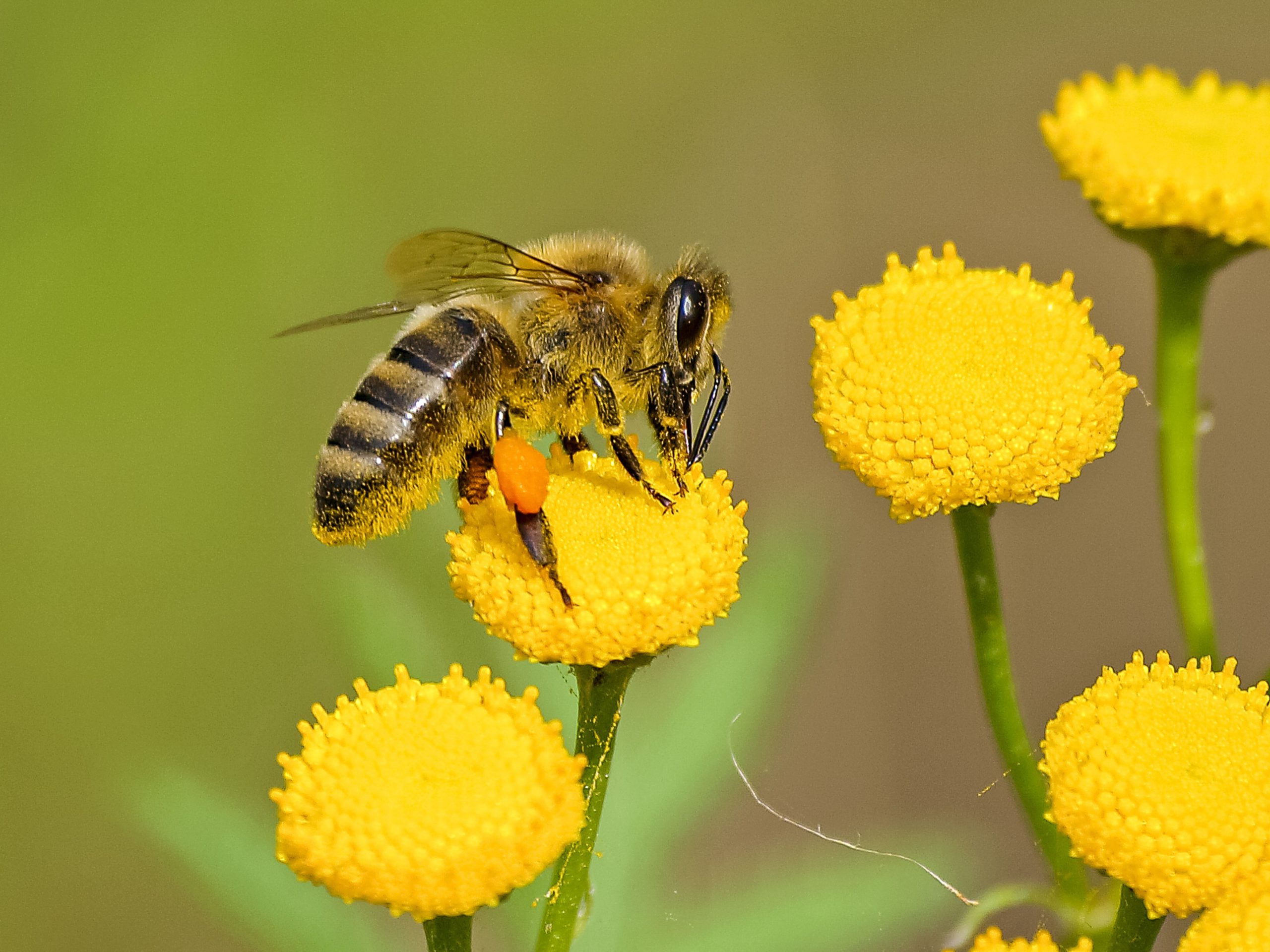Bees need a diverse set of food sources, and that includes dandelions.
That’s according to Jennifer Doelman, a local Director with the Upper Ottawa Valley Beekeepers Association in Renfrew County. For those looking to make their gardens more friendly to bees and other native pollinators, Doelman suggests a wide range of flowers that pollinate and bloom at different times of the year. Ideally, you should choose native Ontario plants and plant them in clusters, as it helps the bees find them easily and allows them to better communicate where they are. The best plants include dandelions, white clover, goldenrod and milkweed, and staying away from double-bloom flowers that are not suitable for pollinators. Doelman also says trees play an important role in helping them out, with the best ones to plant being willows, basswood or linden trees. While hardwoods do not need pollinators, many softwoods offer great food for them.
How you maintain your yard is also an important step in keeping pollinators around. While Doelman says you can keep a clean yard and attract them, there are some rules to follow. Making sure you don’t disturb the soil and delaying when you take foliage out of your lawn until mid-spring will help pollinators reproduce. When putting leaves into a composter, try not to squish them down so that there is room for them between them. For dandelions in particular, cutting them away is fine, but Doelman says completely removing them from your yard won’t make it attractive to the insects.
Keeping pollinators like honey bees around has a variety of benefits. Aside from keeping our food diverse and healthy, Doelman says they can even keep your yard clear of invasive species and pests. If pollinators come to your yard, so will animals that eat those insects. With the predators now attracted to the property, they will also snack on other pests that are around, like mosquitoes. Doelman says pollinators are a keystone species, meaning that they are vital to a healthy and resilient ecosystem. They are a food source for birds and amphibians and help maintain everything from the air you breathe down to the food you eat. Having a variety of pollinators, not just honeybees, keeps the ecosystem healthy.
For those wanting to get into beekeeping, Doelman cautions against taking it up too quickly. While Renfrew County is a great place to raise bees because of its diverse landscape, beekeeping takes much more work than simply putting in an apiary. She says much like cows or sheep, bees are livestock animals, and require care and education to make sure they thrive. On top of the fact that they carry diseases that can devastate their populations, they will have a wide-ranging impact on the local ecosystem. Doelman points to unprepared beekeepers as a main cause of colony collapse, where bees aren’t tended properly and begin dying. Doelman suggests instead planting a garden and becoming a “Bee Haver”. It’s less work, it helps the ecosystem, and you enjoy all the benefits.


